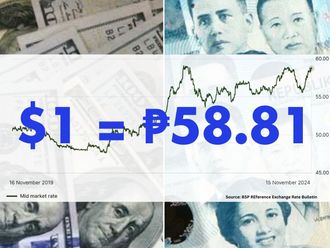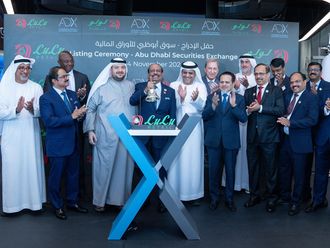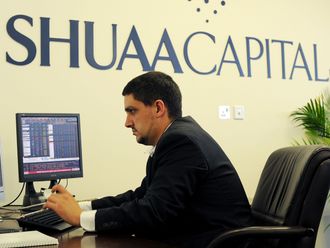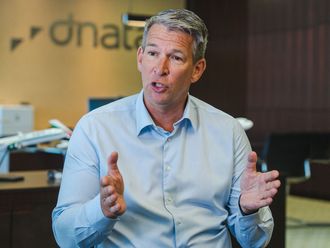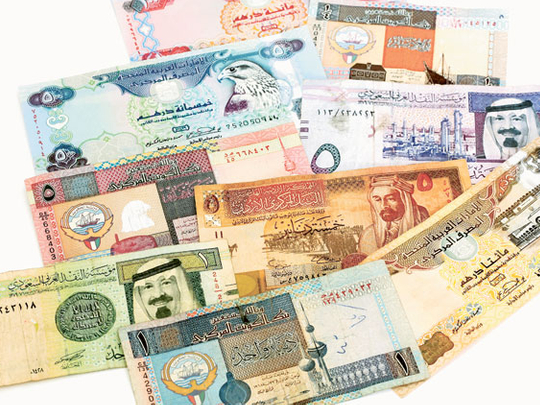
When the deadline for the introduction of a GCC single currency came and went last year, few were surprised.
The project — much lauded on its launch in 2001 — has in many ways been doomed from the start. First there were the initial rows between Saudi Arabia and the UAE over the location of the central bank, then Oman and the UAE's withdrawal from the project.
Even if that wasn't enough, the dire straits that the euro finds itself in at the end of 2011 certainly hasn't done much to restore faith in single regional currencies.
Good possibility
"There's a good possibility that the situation that the Eurozone has found itself in has not endeared them to the idea," said Farouk Souza, chief Middle East economist at Citigroup.
"On paper the project is still there, but obviously Oman and the UAE have opted out, which leaves only four countries remaining. Kuwait has a different exchange rate regime than the other three, which means it is less likely that they would go back to the dollar peg regime."
HSBC reported in 2010 that the limited progress towards a single currency is a reflection of the modest immediate economic benefits that monetary union offers the region.
"With so many other issues on the agenda, it's not a priority for policymakers," said Simon Williams, chief economist at HSBC in Dubai.
"It's been replaced by other issues that may be more pressing, and I am sure the problems in Eur-ope have strengthened some of the concerns that policymakers may have had in the past."
As HSBC's 2010 report pointed out, the euro was the culmination of two generations of evolving economic cooperation and integration that created a single market with free and ready flow of goods, capital and labour.
The GCC currency, on the other hand, comes against a backdrop of largely unfulfilled efforts towards further union. While a customs union was established in 2003, issues with borders and tariffs remain.
Scant evidence
"Meanwhile, a single market that equalised the standing of all Gulf entities and individuals was launched at the beginning of 2008, but there is scant evidence that it is being brought into practice," the report said.
This limited progress towards greater integration of the GCC's economies is fundamental, Souza said.
"We would need a very strong institutional framework and a strong technical framework within that in order to deal with the challenges of setting up a single currency, and I don't even think we have that," he said.
At the same time, the GCC, with its long-standing dollar peg currency regimes, has little currency risk in intraregional trade, and keeps transactional costs low. This is in stark contrast to pre-euro Europe, where these issues were fundamental to the establishment of the singe currency.
But Williams feels that, nonetheless, the single currency project is a valid one in the Gulf.
"The economic case is still strong and it is a much more natural market for a single currency than Europe. The economies are similar, they run on similar economic cycles. It's been a disappointment to me that we've made so little progress," he said.
In terms of any nationalistic objections to abandoning historic currencies, a major factor in opposition to the euro in countries such as the UK, Williams does not believe it would be an issue.
"I don't think the Omani attachment to the riyal is any stronger than the German attachment to the mark was," he said.
Souza, on the other hand, is less optimistic. "I think the project is fundamentally dormant," he said.


